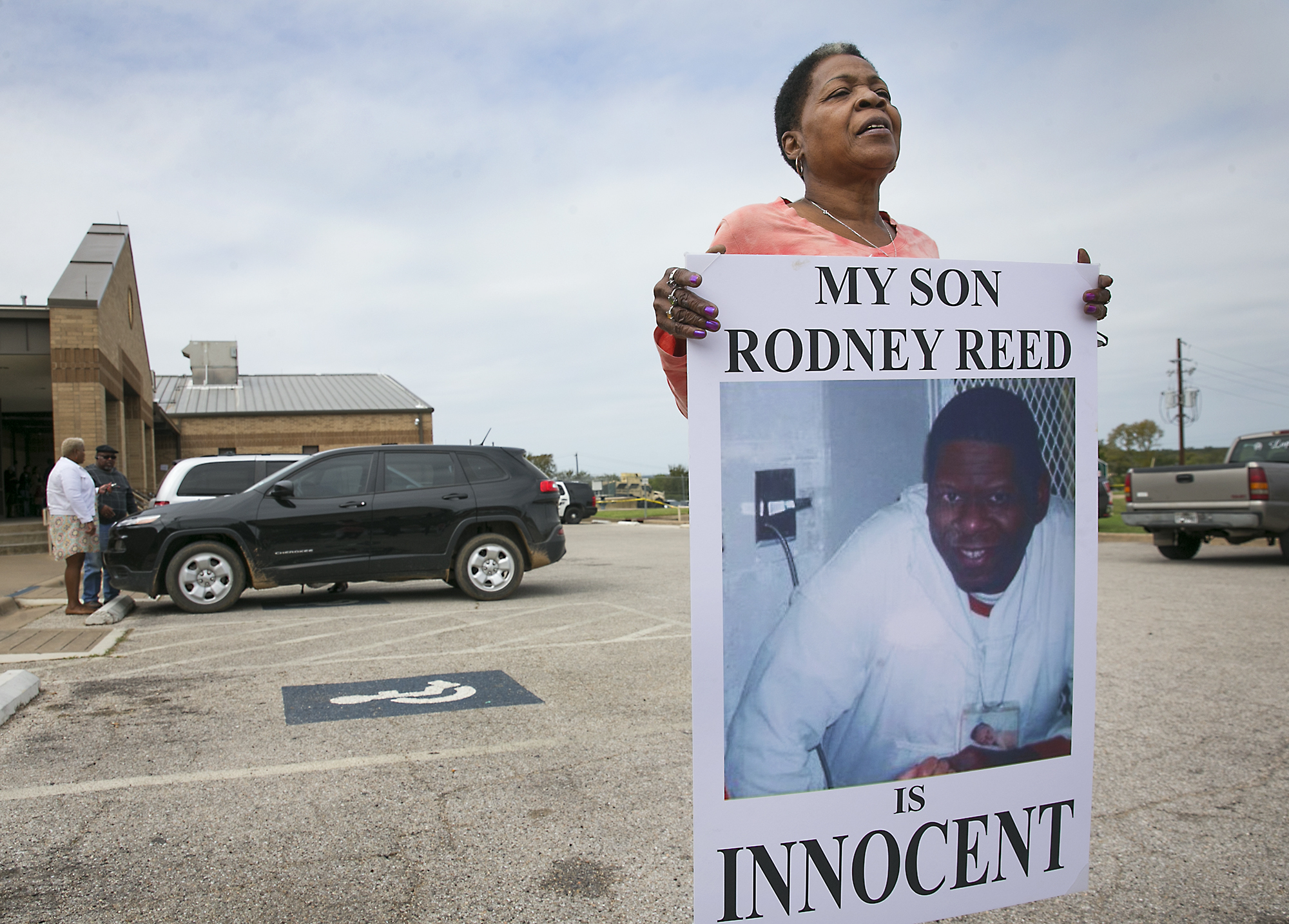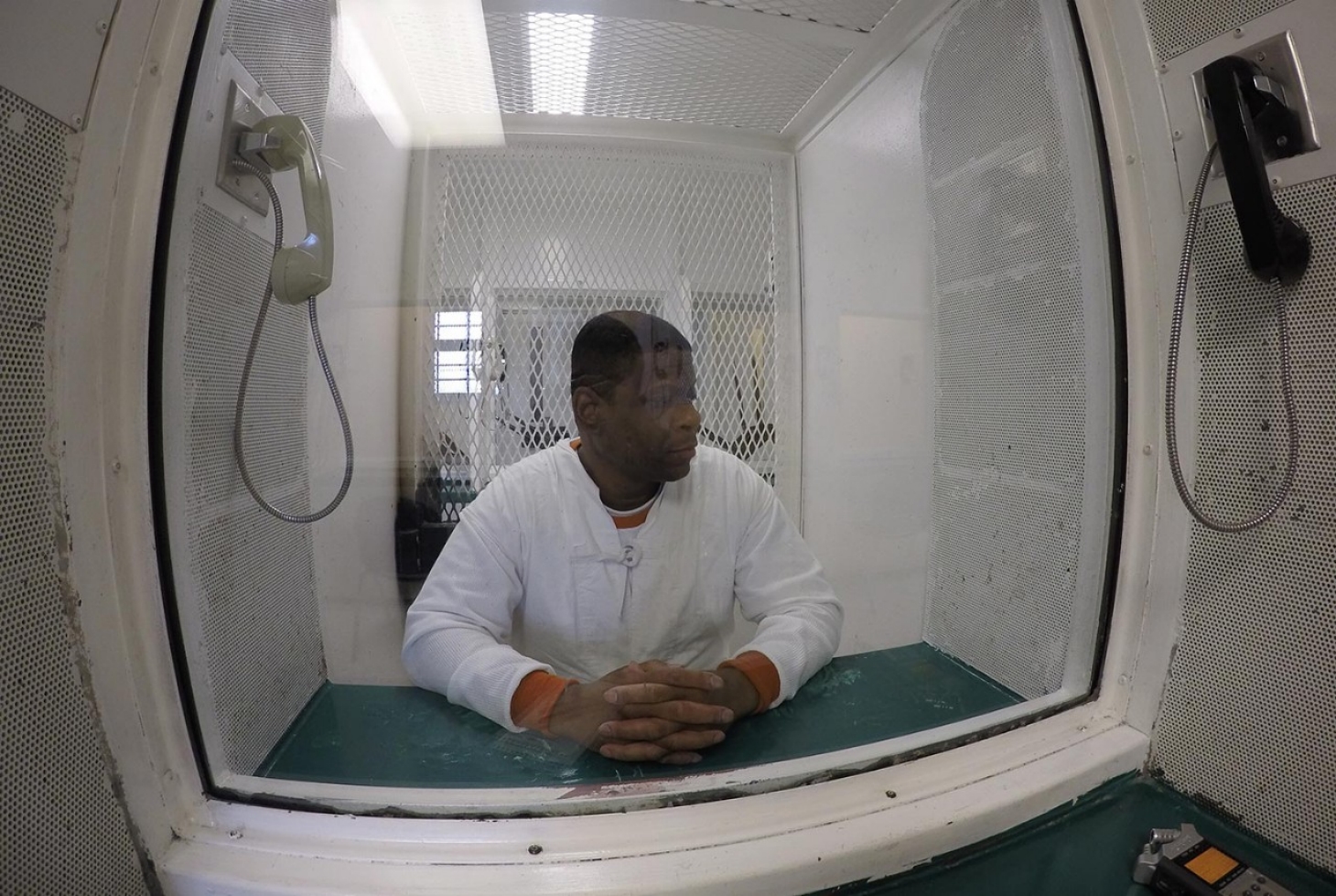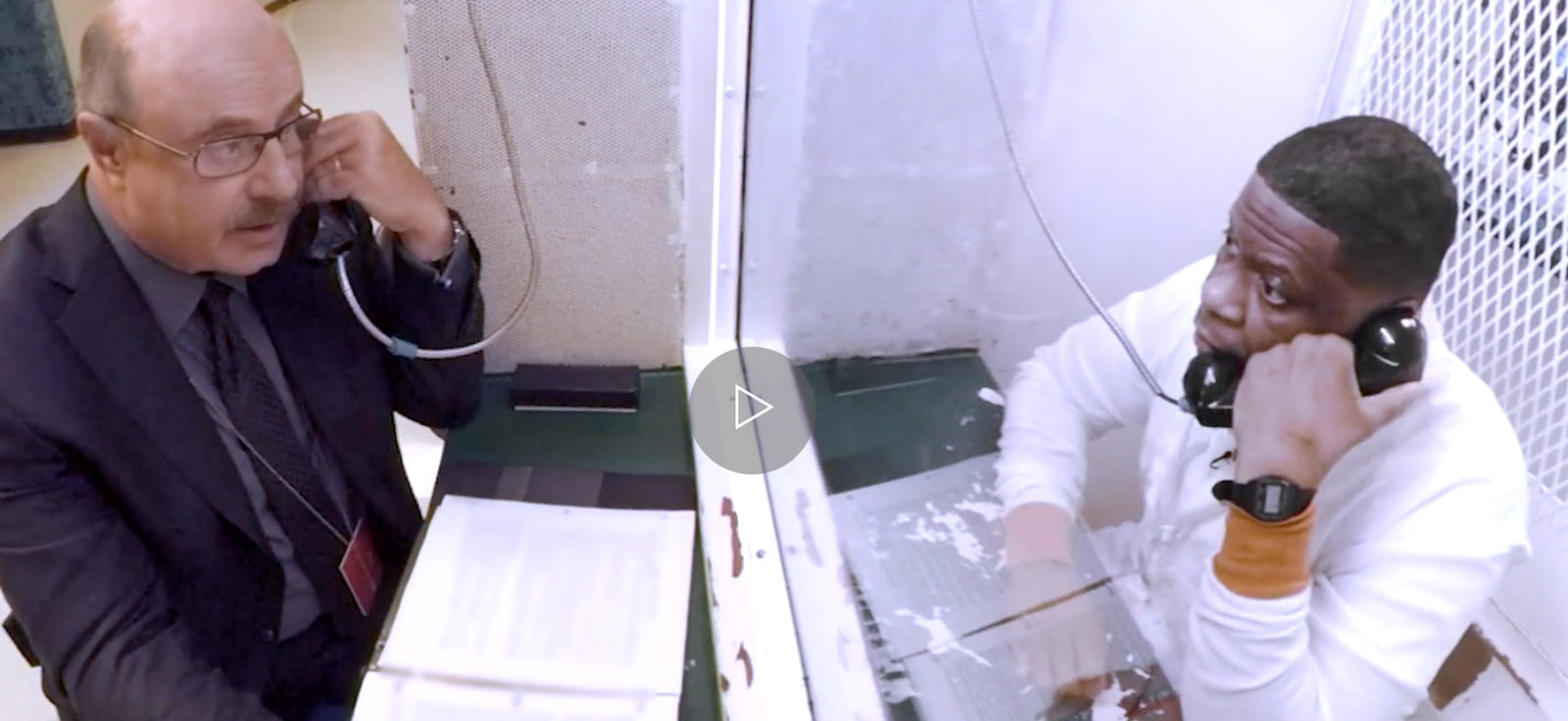Judge at Rodney Reed’s Innocence Hearing Abandoned His Duty as Neutral, Thoughtful Fact Finder
The court copied and pasted the state’s proposed order with only minor changesrn
02.01.22 By Innocence Staff
(Austin, Texas) The trial court judge overseeing Rodney Reed’s July 2021 evidentiary hearing abdicated his role as an unbiased, deliberative, independent fact finder and rubberstamped the State’s proposed findings of fact and conclusions of law, according to the Memorandum and Objections to Findings of Fact and Conclusions of Law that Mr. Reed’s attorneys filed today at the Texas Court of Criminal Appeals (CCA). Because the judge abandoned his duty to be a neutral, independent fact finder, the CCA should reject the trial court’s copy-and-pasted order, Mr. Reed argues.
Rodney Reed’s Memorandum and Objections to Findings of Fact and Conclusions of Law can be viewed, here.
Mr. Reed was scheduled for execution in November 2019, but the CCA issued a stay to allow the courts to consider new evidence of his innocence and remanded the case to the 21st Judicial District Court in Bastrop County for an evidentiary hearing. Despite the new, overwhelming evidence of innocence presented at the evidentiary hearing, Judge J.D. Langley adopted, nearly verbatim, the State’s proposed order, including several obvious factual misrepresentations.
“The abdication of the judge’s duty cannot be tolerated, especially when an innocent man’s life is at stake.”
“The abdication of the judge’s duty cannot be tolerated, especially when an innocent man’s life is at stake. The CCA entrusted Judge Langley with making impartial findings and independent assessments of witnesses’ credibility, supported by the evidence. That did not happen,” said Jane Pucher, Senior Staff Attorney at the Innocence Project, and one of Mr. Reed’s attorneys.
At closing arguments, the judge demonstrated that he completely misunderstood his role as an independent fact finder and intended to adopt, in its entirely, one side’s proposed order: “What I’m here today to find out is why you think I ought to sign your version.” (Objections at pp. 1-2.)
Convicted by an all-white jury in 1998, Mr. Reed, a Black man, has spent 23 years on death row for a crime he did not commit. In 1996, Stacey Stites, a white woman with whom Mr. Reed was having an affair, was found murdered in Bastrop County. For nearly a year, the prime suspect in the case was Ms. Stites’s fiancé, Jimmy Fennell, a police officer who was abusive and violent toward Ms. Stites, according to numerous witnesses. But the police turned their attention to Mr. Reed when DNA recovered from Ms. Stites matched him.
The judge’s cut-and-pasted order shows that he failed in his duty to carefully and independently assess the credibility of 47 witnesses. Having adopted the State’s proposed order wholesale, the court found all 20+ witnesses on Mr. Reed’s behalf to be not credible and found all 20+ witnesses on the State’s behalf to be credible.
“It is not plausible that ALL of Mr. Reed’s witnesses were not credible, including former law enforcement officers. That is especially true, given that the witnesses Mr. Reed called had no motive to help him: these were friends and co-workers of Ms. Stites and of Mr. Fennell,” said Pucher.
At least eight witnesses, including Ms. Stites’s co-workers, friends, and family, and a former member of law enforcement, testified at the evidentiary hearing that Ms. Stites and Mr. Reed knew each other and were romantically involved at the time of her death. This testimony disproved the State’s theory at trial that Mr. Reed and Ms. Stites were strangers, she never would have associated with him, and therefore he must have kidnapped and sexually assaulted her. (Objections at p. 17.)
In particular, Suzan Hugen, Ms. Stites’s friend and co-worker, testified at the evidentiary hearing that she saw Ms. Stites standing close to a Black man at the HEB, the two were laughing and flirting, and Ms. Stites introduced him to Ms. Hugen as “Rodney” and a good friend. Ms. Hugen, a disabled mother of four, traveled from out of state to testify “for Stacey,” her friend and former co-worker. (Objections at pp. 17, 22, 25, 39.) Despite the fact that eight witnesses corroborated each other, the court did not credit any of the testimony showing Ms. Stites and Mr. Reed knew each other.



Thank you for your factual and comprehensive explanations in all your on-line presentations.
Your successes are gaining more commitments to eliminate barbaric executions as legal and to ultimately eliminate these legalized murcers.